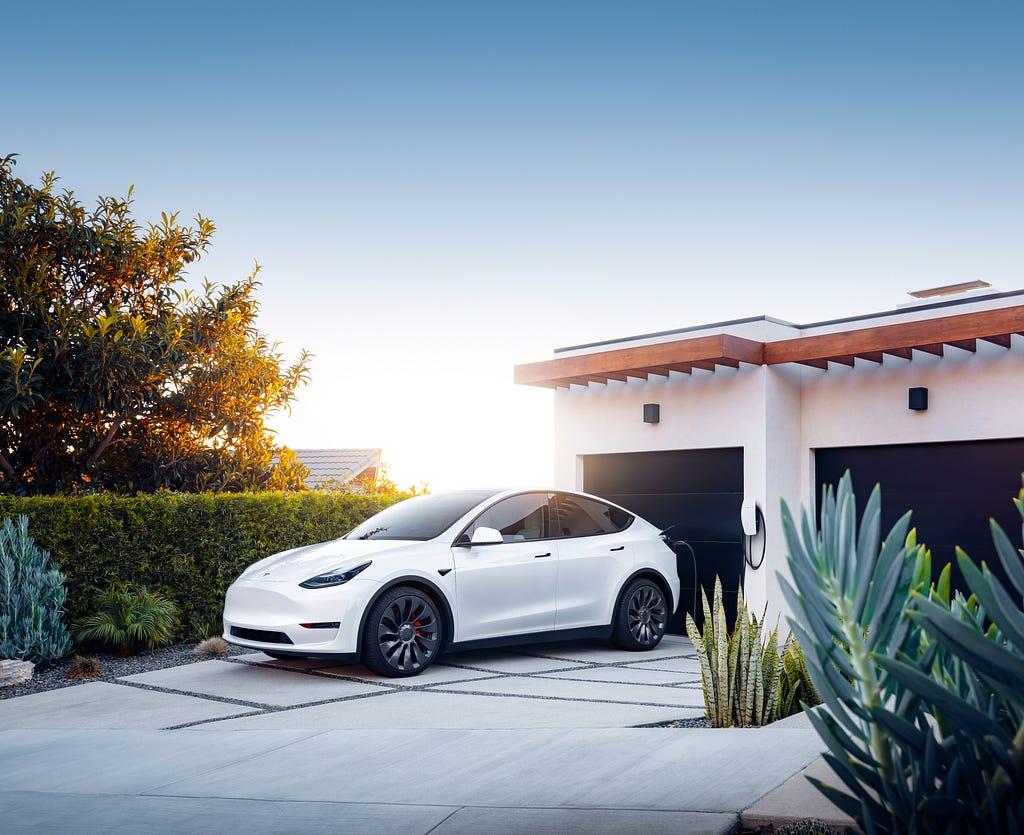The IRS has begun releasing specific stipulations for the clean vehicle tax credit: here’s how they could impact Tesla, among other automakers.
Customers should understand that the renewed clean vehicle tax credit is scalable up to $7,500. For the purpose of a fully-electric vehicle, this scale should consistently start at $3,750 and meet the full $7,500 for vehicles with qualifying battery components.
The question up until this point was exactly what would define a qualifying battery component, mainly coming down to battery component production location(s) as well as the battery material sourcing location(s).
A new Critical Mineral Requirement dictates that a certain percentage of the value of critical minerals are either extracted or processed in the United States, or from a country with an active free trade agreement. Alternatively, the battery minerals may be recycled in North America.
The Critical Minerals Requirement percentage for vehicles placed into service prior to January 1, 2024 is 40%; specifically, 40% of all battery minerals must be sourced from the United States or from a country with a free trade agreement.
This percentage begins to scale upwards in 2024, reaching 50% on January 1, 2024. The percentage will rise to 60% in 2025, 70% in 2026, and reach the intended target of 80% in 2027.
Battery production must also occur in the United States or in a country with a standing free trade agreement under a new Battery Components Requirement. The requirement today is that 50% of the battery components must be produced in the United States. This similarly scales to 60% through 2024 and 2025, then requiring 70% in 2026, 80% in 2027, and 90% in 2028 before eventually reaching a 100% requirement in 2029.
Electric vehicles must then be produced by qualifying manufacturers, which includes Tesla and virtually all conventional automakers. This requirement stipulates that an automaker must enter into a written agreement to provide reports as requested to the government.
Most concerning and applicable to all automakers is that vehicles will be excluded beginning on January 1, 2025 if they use any critical minerals or battery components from what’s defined as a “foreign entity of concern.” Rules for this will be released in future guidance, although it specifically excludes China.
As previously noted, final vehicle assembly must occur in North America. This was a stipulation that became effective in August of 2022.
Also noted but still equally important, the clean vehicle tax credit eliminates the phaseout period after an automaker sells 200,000 vehicles. This means that there is no limit on production or the number of vehicles that are able to qualify from a single automaker during the credit’s effective period; however, the tax credit is set to universally expire in a decade.
There are four additional stipulations, which have previously been outlined:
- Only one new clean vehicle tax credit can be claimed per VIN.
- The 30D clean vehicle credit must be included on the year’s tax return.
- High-income taxpayers are excluded from the credit, defined as $300,000 for joint filers, $225,000 for head-of-household filers, and $150,000 for all other filers.
- The MSRP limits for vans, SUV’s, and pick-up trucks is $80,000 as classified by the program. All other vehicles fall under a $55,000 limit.
Taxpayers will be able to transfer the tax credit to qualifying dealers to apply at time-of-purchase beginning next year.
The IRS reverses the right to make amendments to these guidelines, and will release additional guidance.
The Critical Mineral Requirement and Battery Components Requirement will go into effect on April 18th, 2023.
For Tesla, this mainly means that Model 3 Rear-Wheel Drive will no longer qualify for the full $7,500 tax credit due its utilization of a lithium-iron phosphate battery produced in China. All other Model 3 and Model Y configurations should continue to qualify for the foreseeable future.
Based on current guidance, this sounds like Model 3 Rear-Wheel Drive will have its tax credit reduced to $3,750 rather than eliminated altogether. Tesla is already seeking to avoid this by potentially moving LFP battery production lines to North America.
Tesla and all other automakers will have to meet extremely stringent battery requirements, satisfying the purpose of these guidelines to transition battery production and sourcing to the United States and a list of countries which mainly excludes China from a manufacturing standpoint.
For the record, that list includes the following countries: Australia, Bahrain, Canada, Chile, Colombia, Costa Rica, Dominican Republic, El Salvador, Guatemala, Honduras, Israel, Japan, Jordan, Korea, Mexico, Morocco, Nicaragua, Oman, Panama, Peru, and Singapore.
Many electric vehicles may no longer qualify once the disqualification for “foreign entities of concern” is established in 2024 for battery production and 2025 for battery materials; however, Tesla primarily builds batteries in North America and Japan through partnerships with Panasonic and LG among other companies.
These guidelines should otherwise leave plenty of time to meet requirements that were already foreseen beginning with the introduction of the tax credit last year. The impact on eligibility should be fairly minimal, provided that automakers continue to adapt to maintain the consumer-friendly competitive advantage of a $3,750-$7,500 tax credit.
__________________
Interested in Listing or Upgrading YOUR Tesla? The BEST place to get TOP dollar for your used Tesla. MADE IN NYC
Browse the listings now: Only Used Tesla
Buy or list your premium electric vehicle: OnlyEV
Or feel free to contact us directly at contact@onlyusedtesla.com today!

Comments